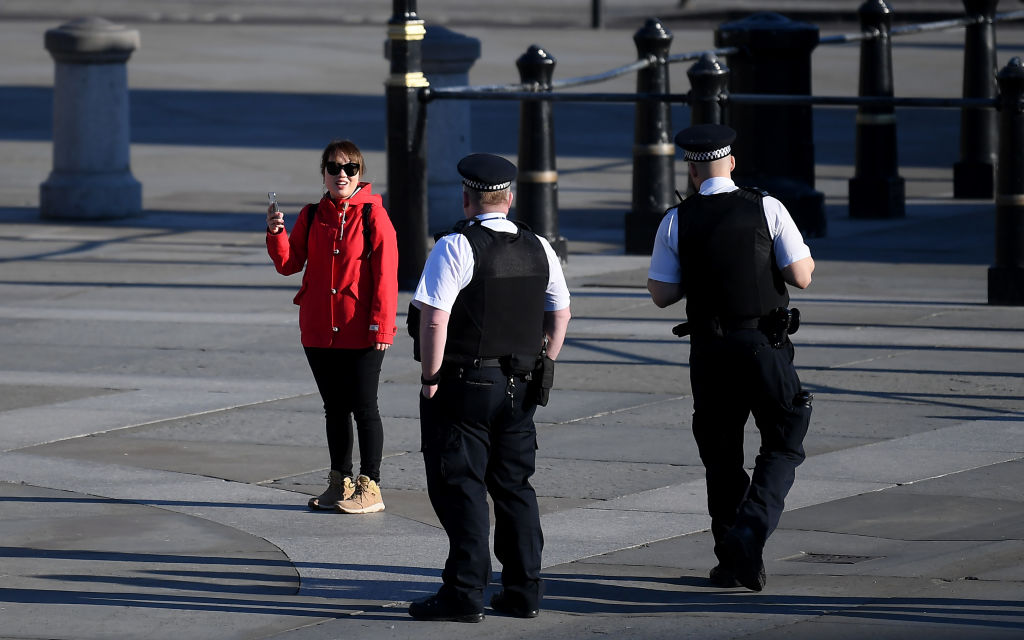The government is still refusing to give any details of whether, when and how the current coronavirus lockdown might lift. At this afternoon’s lobby briefing with journalists, the Prime Minister’s official spokesman repeated the line we have heard over the past few days that the government needs to be ‘focused relentlessly’ on ensuring that people abide by the current restrictions, saying: ‘We need to focus in our public message in order to save lives.’
There is clearly anxiety that people will relax their approach to social distancing and staying at home over the Easter weekend, with the weather forecast promising warm temperatures and sunshine. No. 10 is accordingly rebuffing the endless questions from journalists about the lockdown. But this is out of sync with the devolved administrations of the UK: both First Ministers of Wales and Scotland have said the lockdown will not lift any time soon. Nicola Sturgeon said today that the COBRA meeting this afternoon is highly unlikely to conclude anything else. She told Sky: ‘I agree with Mark Drakeford, the First Minister of Wales. I don’t think there is any possibility, any likelihood, of these lockdown measures being lifted immediately, or even imminently.’
It is strange that No. 10 isn’t following suit: surely it is better for people to know now that we are by no means at the end of the current restrictions. If it seems that the lockdown will lift next week, for instance, then surely it will be far more tempting for people to start ignoring the rules this weekend?
Perhaps we will be given a clearer line at this evening’s press conference, which will be led by Dominic Raab and which will update the public on what was discussed at the Cobra meeting. One of the reasons it is harder for Downing Street to discuss this decision is of course that Boris Johnson is absent. His spokesman today made clear that while his condition is improving as he remains in intensive care, he is not working. He said: ‘It will be the First Secretary of State [Raab] who leads the Cobra meeting today and the FSOS who will lead any cabinet decision-making process.’
Given it is indeed likely that restrictions are going to continue for many weeks to come (in James’s politics column this week, he reveals that the two government models are both based on some kind of limits continuing for six months), there is also the need to ensure that public consent for the lockdown continues.
Polls show significant support for the measures announced, but there are risks that the enforcement makes this harder. The chief constable of Northamptonshire Police has threatened that his force may start checking in people’s shopping trolleys and baskets to ensure that they are buying ‘essential’ items. The Prime Minister’s spokesman today said the police had been given the necessary powers which they were able to interpret as appropriate, but added that ‘shops that are still open are free to sell any items that they have in stock’. There is no list of ‘essential’ items, but shops selling wine and other goods which we could all technically do without are deemed essential. Given how long the queues for supermarkets are now, it will be deeply frustrating and confusing to customers if they find the police disagree with the shop about what they are allowed to purchase. On this matter, as well as the likelihood that this lockdown is going to go on for a good while longer, the government could do with being a lot clearer.







Comments